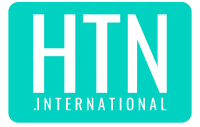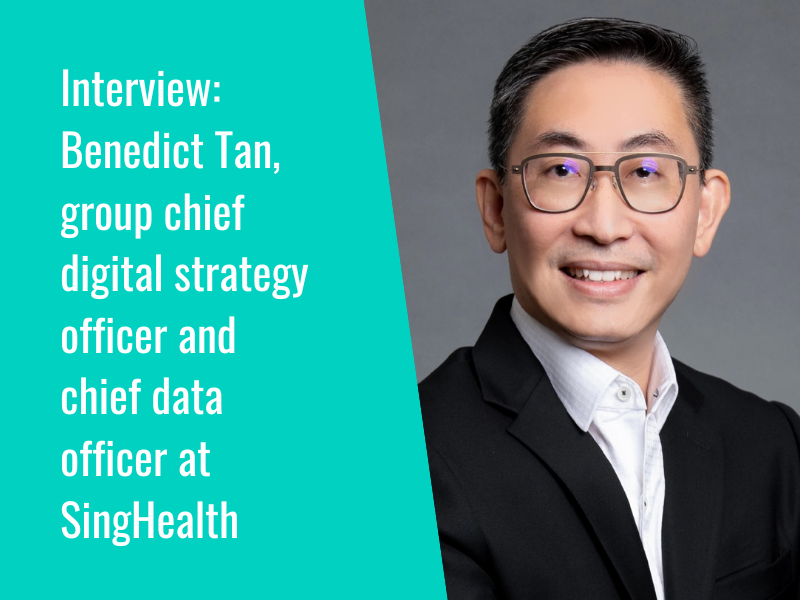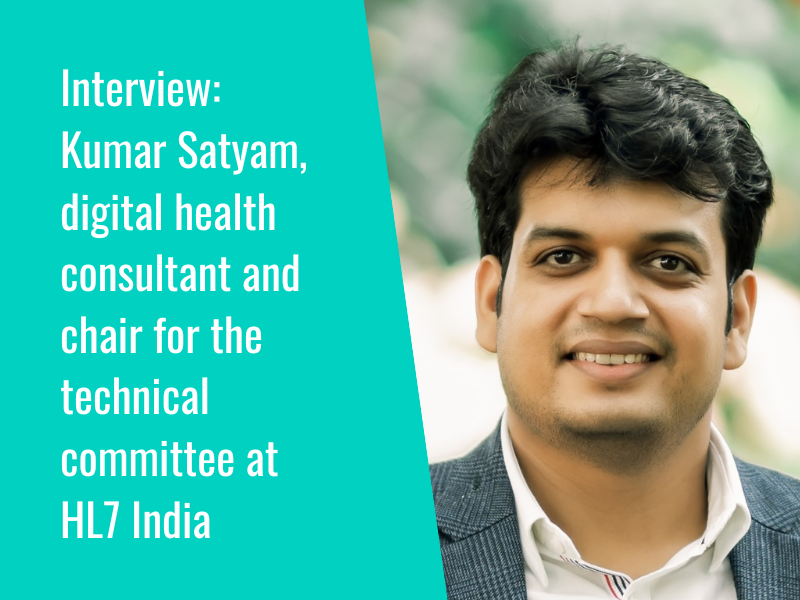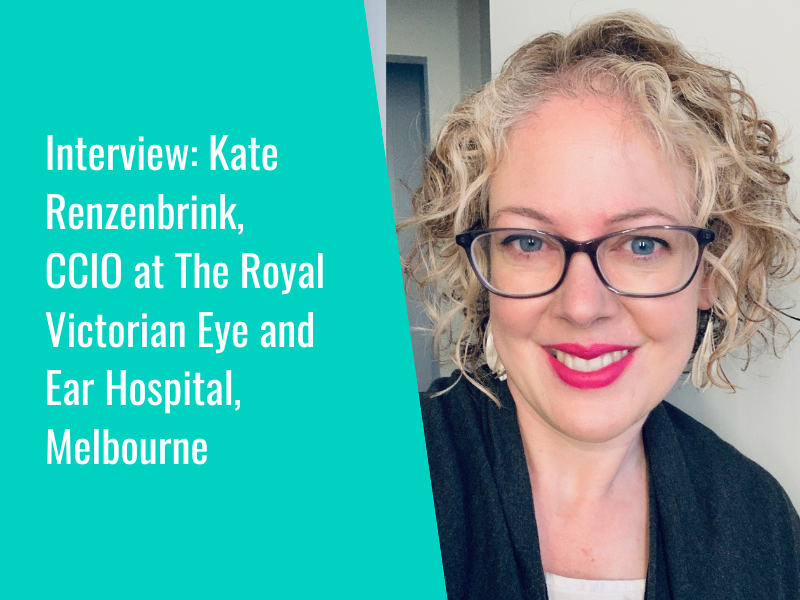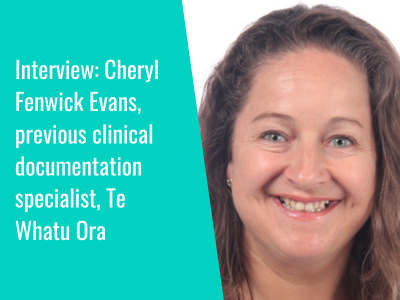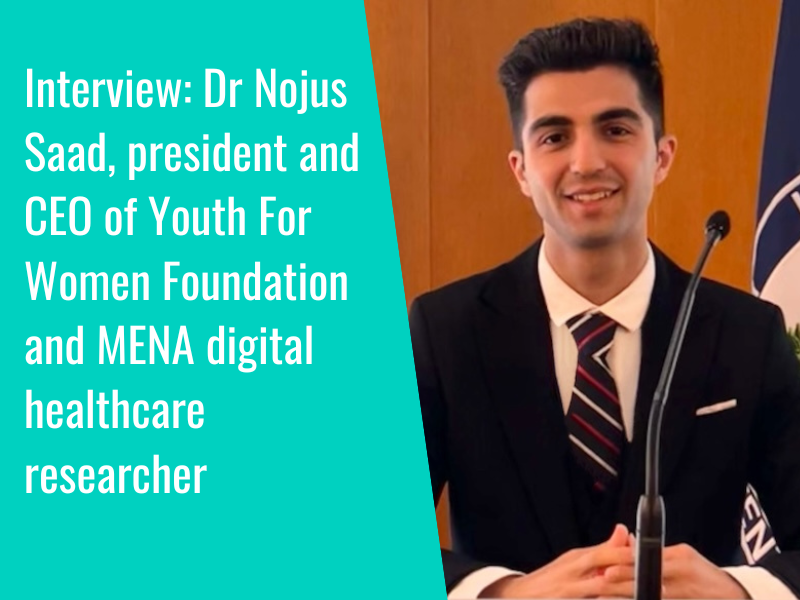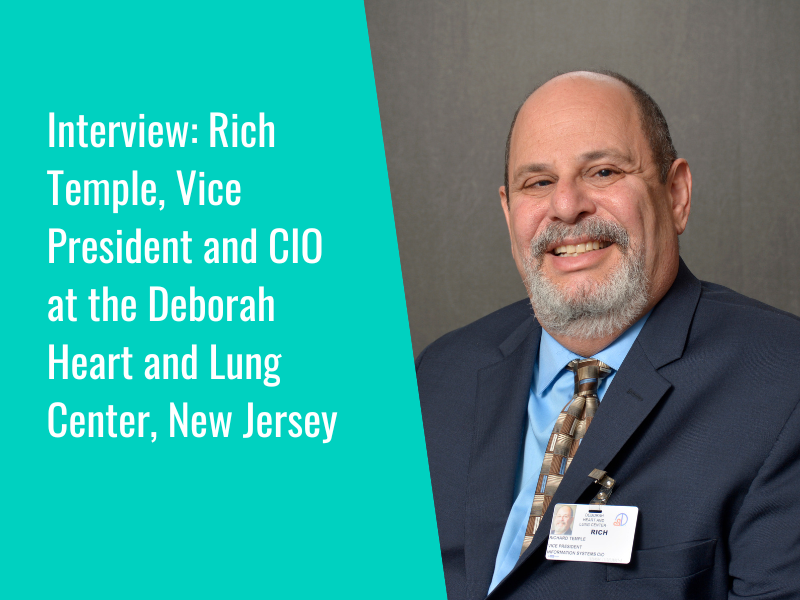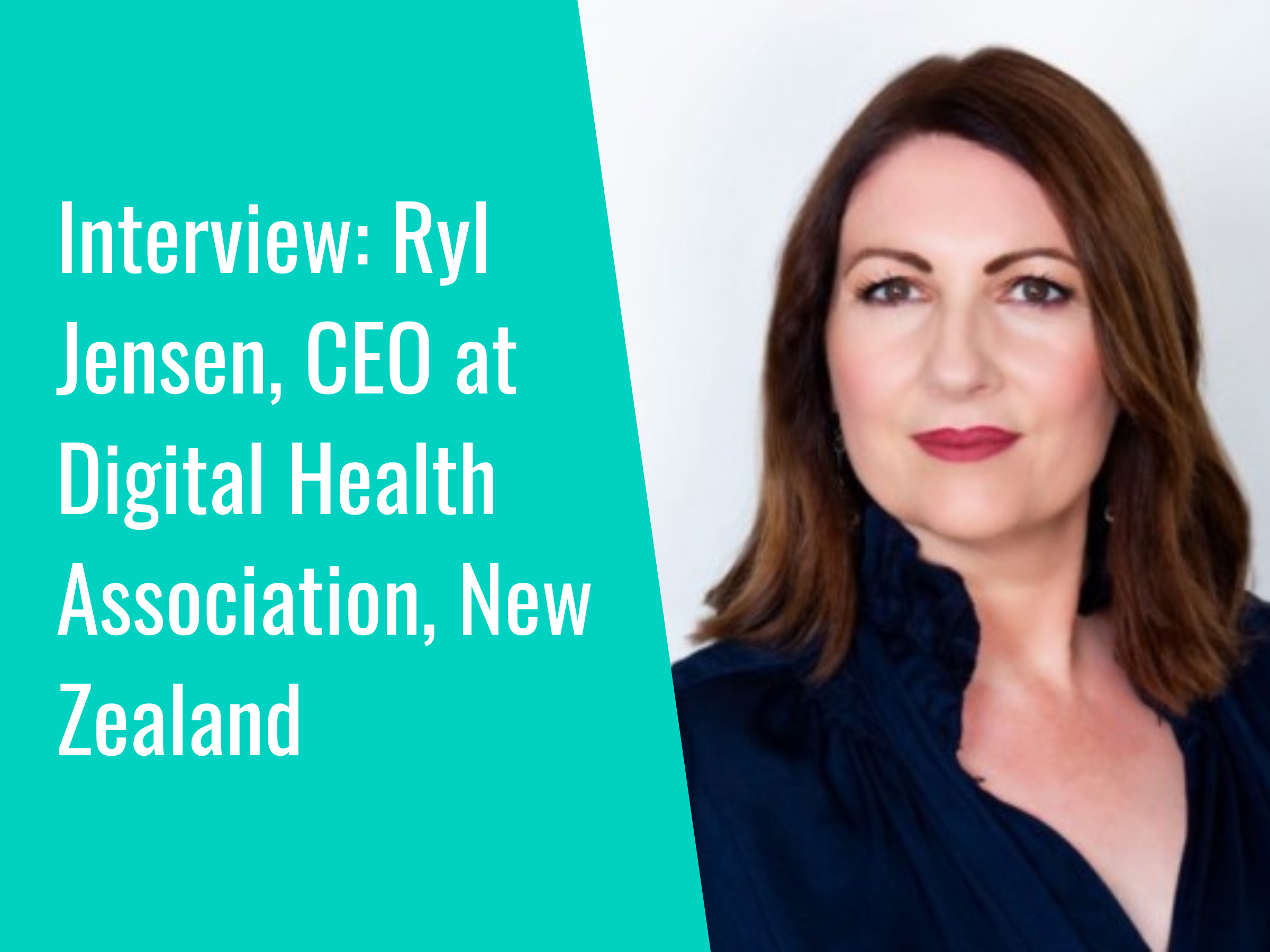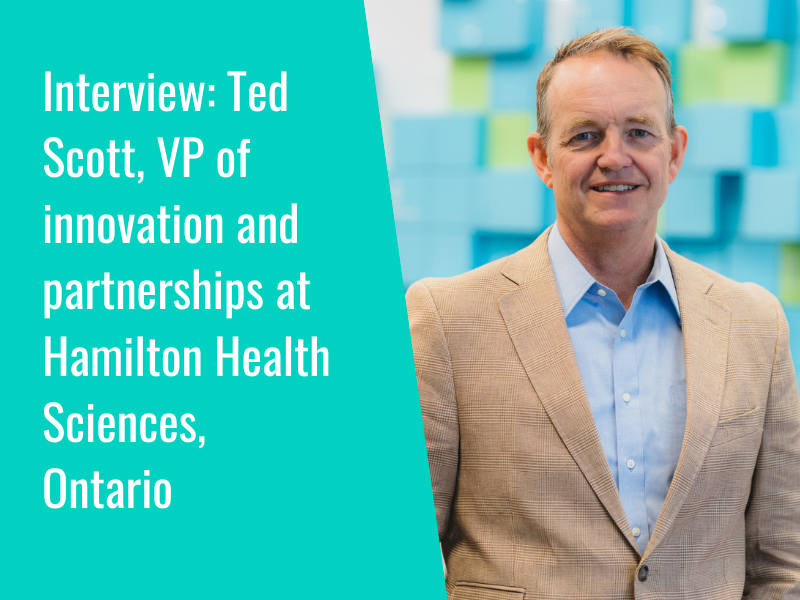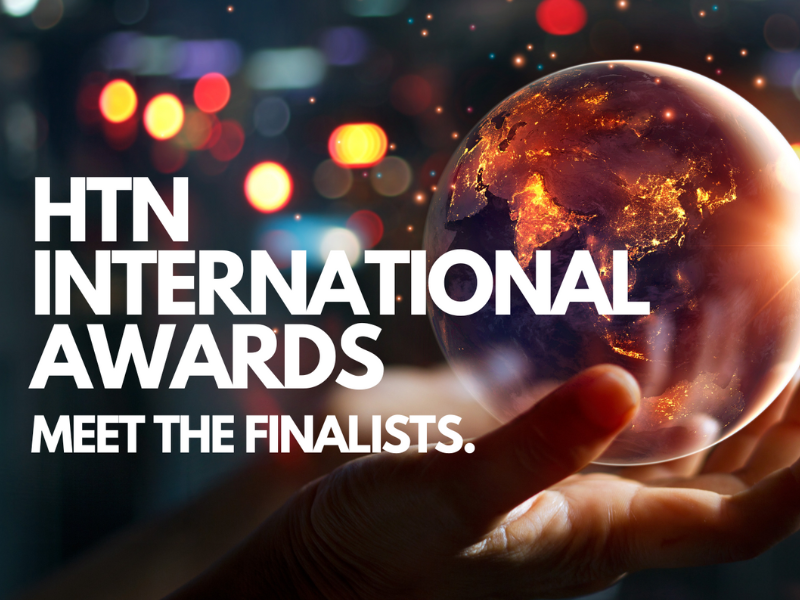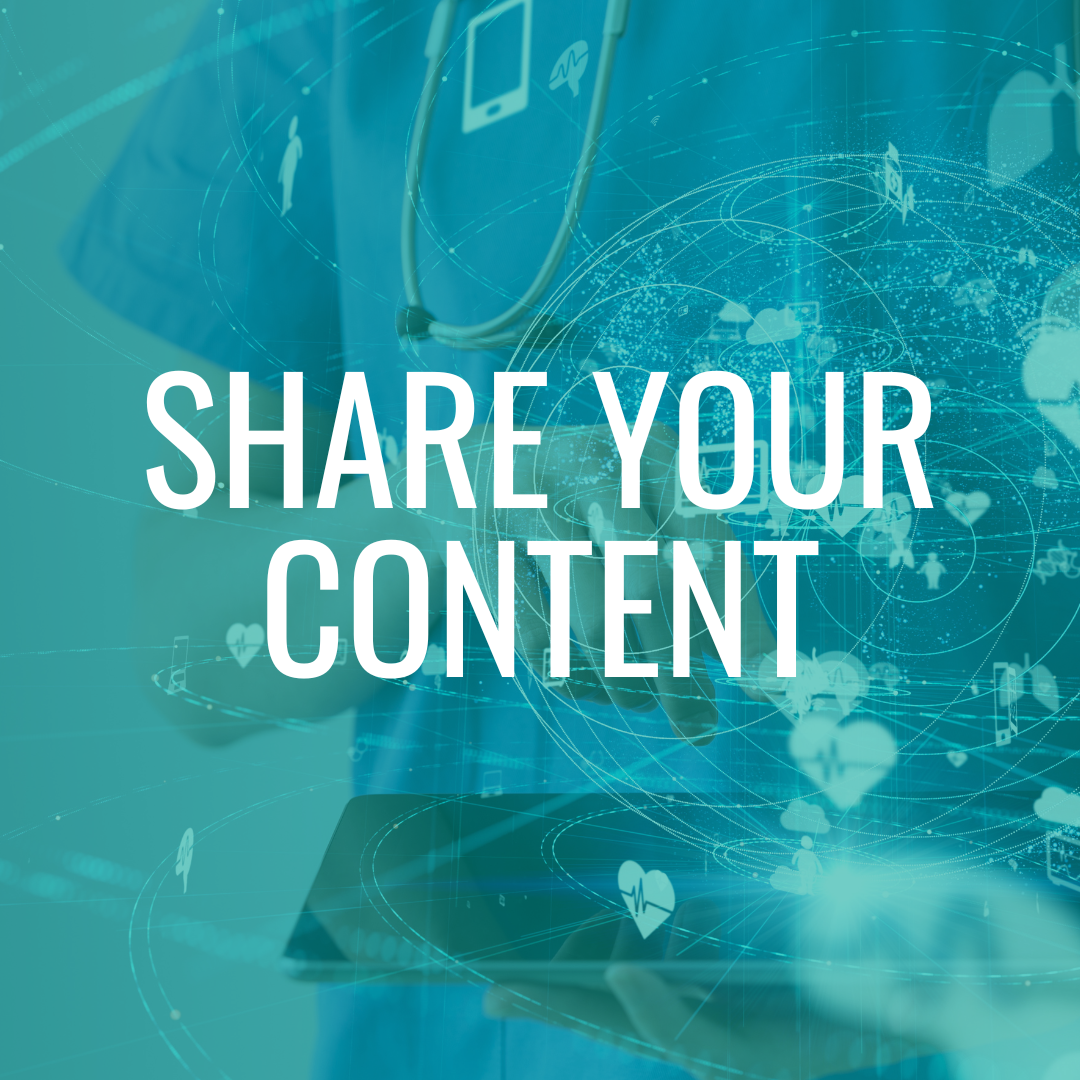The World Health Organization (WHO) has announced a year-long collaboration with social media platform TikTok, aimed at promoting improved health literacy by “translating science-based information into relatable and digestible video content”.
The collaboration will see TikTok influencers offered support through the platform’s creator training programmes, collaborating with the WHO’s Fides network, which mobilises health content creators to “counter misinformation and elevate evidence-based content”.
Alain Lubrique, WHO’s director of digital health and innovation, talked about the opportunity for creators to “bridge the gap between science and everyday life”, whilst Valiant Richey, TikTok’s global head of trust and safety outreach and partnerships, said the collaboration strengthens the platform’s commitment to “bringing engaging and authoritative mental well-being content to our community”.
This latest announcement is part of the WHO’s strategy to leverage multiple digital communication platforms to increase outreach, promote health literacy, and encourage healthy behaviours in an “increasingly digitised world”.
“This collaboration can prove to be an inflection point in how platforms can be more socially-responsible. The intersection of health and technology presents an opportunity to reach people of all ages, where they are, when they want to access,” said Jeremy Farrar, WHO chief scientist.
HTN recently tuned in to day two of the World Health Organization’s (WHO) Summit of the Future 2024 event for a session around “multistakeholder dialogue on investing in digital public infrastructure for equitable future health systems”, which focused-in on assistive technology as a use case. Global health leaders discussed digital public health infrastructure, electronic health records, and the international outlook for digitisation in health.
Earlier this year, the WHO issued a call for comments from public health supply chain stakeholders for its draft health product catalogue digital transformation handbook. Supported by the US Agency for International Development (USAID), the WHO’s draft handbook focuses on delivering a step-by-step approach that countries can adopt to ensure “accurate, reliable and consistent product information” is delivered to help consumers verify the authenticity of products and “use them with confidence”.
- 1
- 2
